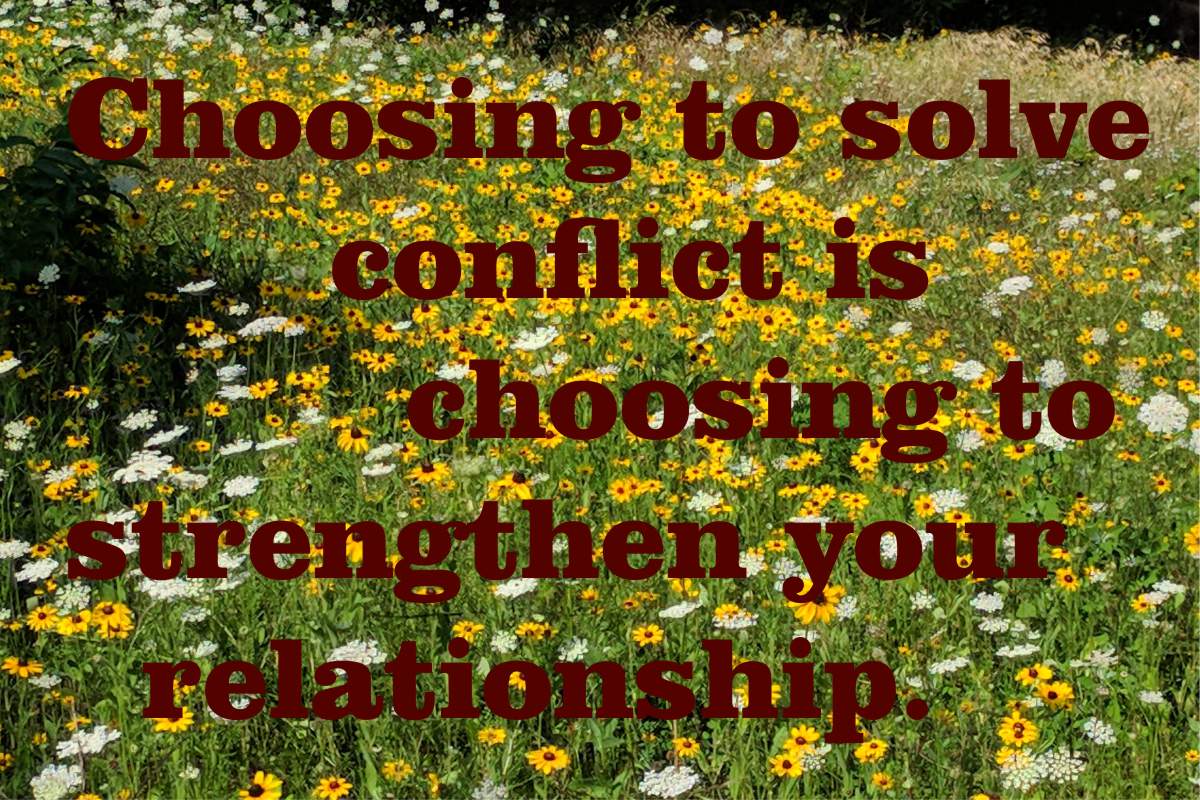










Popular Articles
Crazy-Makers: Dealing with Passive-Aggressive People
Why Are People Mean? Don't Take It Personally!
Struggling to Forgive: An Inability to Grieve
The Secret of Happiness: Let It Find You (But Make the Effort)
20 Steps to Better Self-Esteem
7 Rules and 8 Methods for Responding to Passive-aggressive People
What to Do When Your Jealousy Threatens to Destroy Your Marriage
Guide to How to Set Achieveable Goals
Catastrophe? Or Inconvenience?
Popular Audios
Audio Version of Article: Crazy-Makers: Passive-Aggressive People
Audio Version of Article: Why Are People Mean? Don't Take It Personally!
PsychNotes July 2018
by Monica A. Frank, Ph.D.
Clinical and Sport Psychologist

Index
Previous
Next
To Effectively Use the Cognitive Diary Limit Your Evaluation
Many times when thinking is changed about a situation problems can be resolved more easily. Using the cognitive diary method can aid in this process. To learn more about the cognitive diary and Excel At Life's Cognitive Diary app, read Understanding and Using the Cognitive Diary.
The one complaint about the Cognitive Diary app that I refuse to change is that the user can only select up to six irrational beliefs for each entry. Although other complaints are related to the usability of the app, this issue is related to the effectiveness of the technique. I did relent somewhat and raised the limit to six from three but I recommend only selecting two or three.
Several problems occur when a person chooses too many irrational beliefs:
1) Overwhelming. When I worked with clients who wrote their cognitive diaries on paper they weren't likely to select more than a few irrational beliefs when evaluating the distressing event. However, the app makes it easy to check any irrational belief that is even remotely a possibility. Unfortunately, when a person views a long list of irrational beliefs that need to be changed it can become overwhelming and confusing about where to start. Read more...

The Secret of Strong Relationships
Recently, I explained to my granddaughter what makes strong relationships. So often, especially in dysfunctional families, people demand love, respect, loyalty. But such demands weaken relationships, not strengthen them.
Strong relationships are the result of a series of choices. Every conflict, every tragedy, every problem in a relationship leads to a moment of choice: “Am I going to solve this? Do I choose to endure it? Or, am I going to allow it to fester, grow, and interfere with my relationship?”
Most of the time this choice is unconscious. However, every time a person decides to solve the problem or to support the other person during a crisis, it is a decision to preserve, renew, and/or affirm the relationship. Read more...














